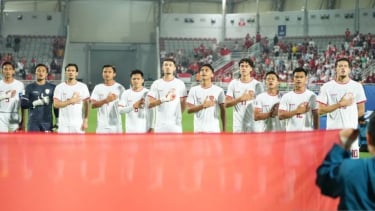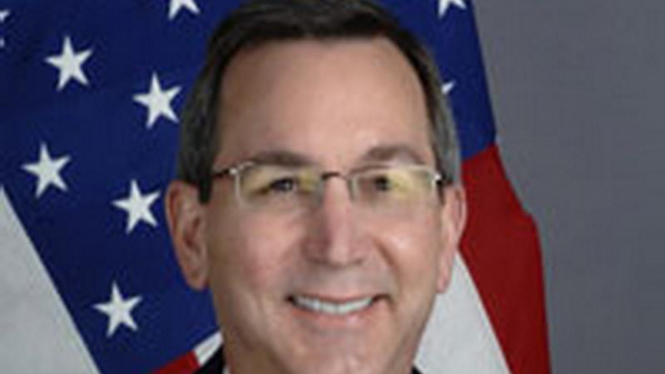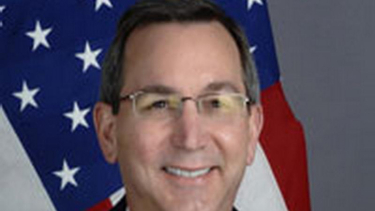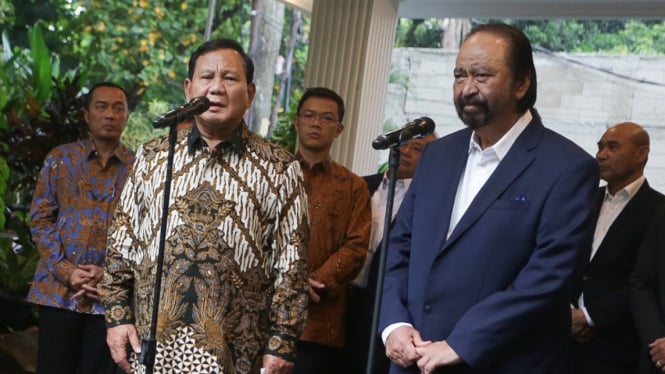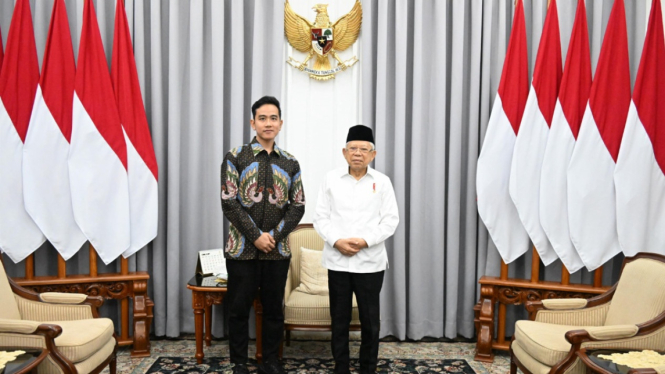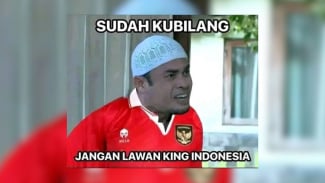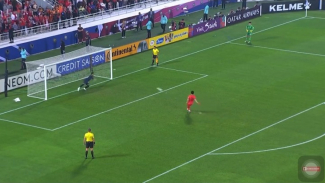- www.state.gov
VIVAnews - Just over a year ago, Secretary of State Hillary Clinton called for a global commitment to Internet Freedom. Based on the universal human rights framework, Internet Freedom — or as Secretary Clinton deemed the freedom to connect — applies the freedoms of assembly, expression and association to cyberspace.
Today, as we look around at world events, this commitment is more important than ever. By preserving these rights in the digital era, we preserve the promise and the possibility of the Internet as a platform for ideas, innovation, connection, and economic growth.
Against the backdrop of Egypt and the largest Internet shutdown of our time, we have heard numerous calls to honor the freedom to connect, in particular to seek and share information over the Internet, from President Obama and Secretary Clinton and leaders around the world.
The Internet has become the public sphere of the 21st century – it is the global town square.
Indonesia is shining example of this phenomenon. Indonesians live in a free country where the constitution guarantees individual freedoms such as the freedoms of assembly, association, and expression. As a result, Indonesians — regardless of gender, religious, ethnic, or economic background — have open Internet access through which to access information, express opinions, and come together online.
The kind of peaceful civic activism we have seen in Tahrir Square or in Tunis over the course of the past weeks or through the Indonesia Unite for Coins for Prita movements occurs increasingly on the Internet in parallel and in coordination with rallies in the streets.
People around the world come together every day on the Internet to connect to one another, sample a universe of news and information, or make their voices heard. And through this discourse, be it online or in person, new dimensions of debates that we have been having for centuries re-emerge: How best to govern, administer justice, pursue prosperity, and create the conditions for long-term progress, both within and across borders.
The connectivity that the digital age fosters has only added new urgency to how we reconcile these age-old issues. The choices governments make today will determine the face of the Internet in the future and they will not be easily made.
The choices we face are familiar, but the space in which we confront them is not. How do we protect liberty and security, transparency and confidentiality, freedom of expression while fostering tolerance and harmony?
First, too often liberty and security are seen as mutually exclusive, but we must have both to have either, both online and offline. We are reminded daily of both the promise and the peril of the information age. We must have enough security to enable our freedoms, but not so much as to endanger them. In the balance between liberty and security, the fulcrum is the rule of law. Our allegiance to it does not vanish in cyberspace. Neither does our commitment to civil liberties. The United States is equally determined to track and stop terrorists and criminal activity online and offline.
In both spheres, we pursue this goal in accordance with our values.
It is no secret that “security” is often invoked as a justification for harsh crackdowns on Internet freedom. Governments that arrest bloggers, pry into the peaceful activities of their citizens, and limit or close off access to information under the guise of maintaining security are fooling no one. Silencing ideas does not make them go away.
Second, we must protect both transparency and confidentiality. Transparency is critical. We can and should give citizens information about their governments and open the doors to commerce historically closed off to most people. But confidentiality is also paramount. It protects the ability of organizations and governments to carry out their missions and best serve the public interest.
Governments do have a higher standard to meet when invoking confidentiality, because they serve the public. But all governments require some degree of confidentiality when dealing with matters such as public safety and national security. For example, it would not be sensible to publish on the Internet details of sensitive negotiations between countries on how to locate and dispose of nuclear materials or how to combat the violence of drug cartels.
Third, we must seek to protect free expression while at the same time fostering tolerance. Just like a town square, the Internet is home to every kind of speech: False, offensive, constructive and innovative. With an online population of more than 2 billion people that is rapidly growing, the varied nature of speech online will only proliferate.
There is no question, in line with the Universal Declaration of Human Rights, all people have the right to freedom of expression. The challenge is to fulfill a commitment to freedom of expression online while emphasizing the importance of harnessing the capacity of the Internet to advance tolerance and peace. We believe the best way to do this is to promote more speech not to limit it.
Exposing and challenging offensive speech, rather than suppressing it, allows for public scrutiny and response. In the marketplace of ideas, those ideas with merit will become stronger and those without merit will in time fade away.
Through Internet freedom, we have the rare opportunity to tie together a human rights issue with our aspirations for mutual economic prosperity. The principles of Internet freedom are rooted in the openness of the platform so that the Internet can remain an engine of ideas, innovation, and economic growth.
Open markets for new products and services catalyze entrepreneurship, innovation, and investment. We have seen investment and innovation in the global Internet marketplace flow to those nations that seek to make openness the hallmark of their Internet policy.
As we move forward and the universal town square of the Internet continues to flourish, we are confident that we can protect and advance the principles of liberty and security; transparency and confidentiality; and free speech and tolerance. Together they comprise the foundation of a free and open Internet.
We must have enough security to enable our freedoms, but not so much as to endanger them.
The author is the United States Ambassador to Indonesia
